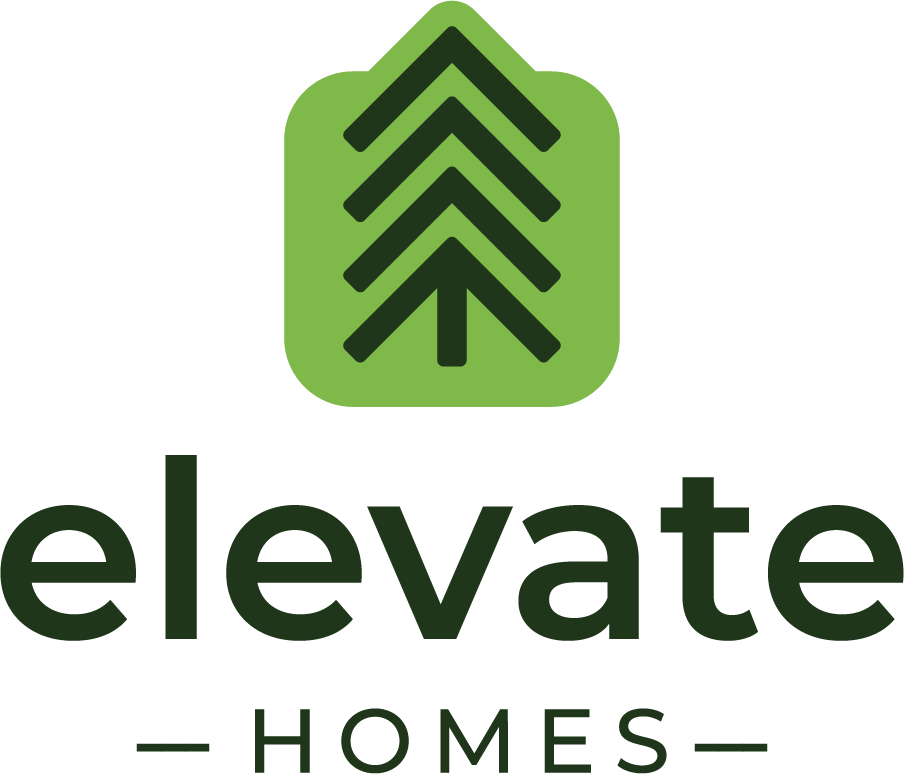7 Tips for Navigating the Financial Maze of Buying Your Own Home
Purchasing a home is a momentous milestone, but it often comes with questions about financing. As a prospective homebuyer, understanding the various financing options available can make all the difference in finding the perfect fit for your financial situation. In this blog post, we'll explore the most common financing options, including FHA loans, VA loans, conventional mortgages, and down payment assistance programs. Let's demystify the financing maze and help you make an informed decision.
- FHA Loans: Bridging the Gap for First-Time Buyers
- FHA loans, insured by the Federal Housing Administration, are an excellent choice for first-time homebuyers or those with limited down payment funds. With a low down payment requirement and more lenient credit score criteria, FHA loans offer accessibility to homeownership. However, borrowers should be aware of the mortgage insurance premium, an additional cost that accompanies FHA loans.
- VA Loans: Honoring Our Veterans
- VA loans are designed exclusively for eligible U.S. military service members, veterans, and surviving spouses. These loans are backed by the Department of Veterans Affairs and offer 100% financing, requiring no down payment. Additionally, VA loans often have competitive interest rates and no private mortgage insurance (PMI) requirement. If you qualify for a VA loan, you can take advantage of this well-deserved benefit.
- Conventional Mortgages: Flexibility for Diverse Financial Profiles
- Conventional mortgages are not government-insured and come with more diverse terms and conditions. While they typically require a higher down payment compared to FHA or VA loans, conventional mortgages offer flexibility for those with stronger credit profiles. Borrowers may have the option to choose between fixed-rate and adjustable-rate mortgages, depending on their financial goals and risk tolerance.
- Down Payment Assistance Programs: A Helping Hand
- For buyers who struggle to meet the down payment requirements, down payment assistance programs can be a lifesaver. These programs, offered by state and local agencies, nonprofits, or lenders, provide grants or low-interest loans to help cover down payment and closing costs. However, eligibility criteria, availability, and terms may vary, so it's essential to research and understand the specific programs in your area.
- Eligibility Requirements: Knowing Where You Stand
- Each financing option has its unique eligibility requirements. From credit scores and debt-to-income ratios to income limits and property types, being aware of the specific criteria for each loan type is crucial. Understanding your financial position and creditworthiness will help you choose the most suitable financing option for your situation.
- Benefits of Homebuyer Financing Options
- All financing options discussed offer significant benefits to prospective homebuyers. Lower down payment requirements, competitive interest rates, and flexible credit score criteria are just a few advantages that can make homeownership more accessible and affordable.
- Potential Pitfalls: Understanding the Risks
- While financing options open doors to homeownership, it's essential to be aware of potential pitfalls. FHA loans come with mortgage insurance premiums, VA loans have funding fees, and conventional mortgages may require higher down payments. Understanding these costs and commitments will help you make an informed decision.
Conclusion:
As you embark on your journey to homeownership, understanding the various financing options available is crucial. Whether you're a first-time buyer, a veteran, or looking for flexibility, there's a financing solution to match your needs. Be sure to consider eligibility requirements, benefits, and potential pitfalls carefully. Remember, arming yourself with knowledge will empower you to make the best financial decision and secure your dream home with confidence. Happy house hunting!











